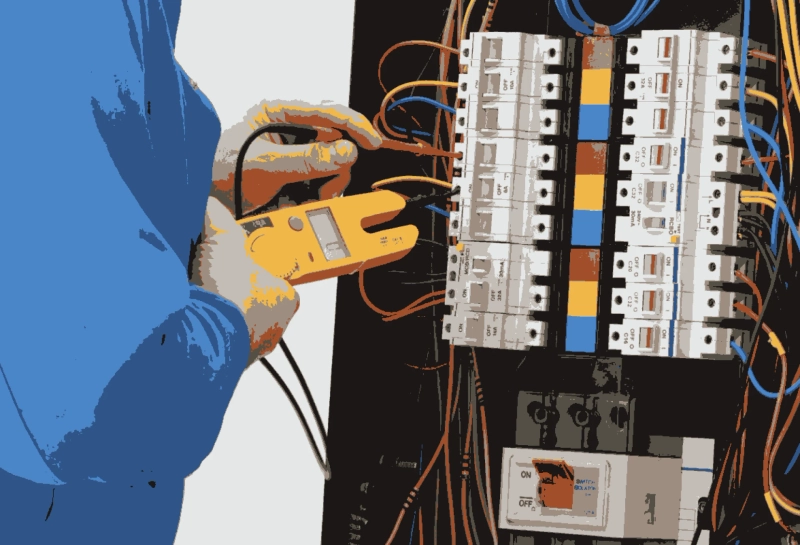Electrical Contractors
Electrical contractors are business people or firms that conduct highly specialized construction work. They may have a focus on high-voltage systems like power transmission lines, ...


Electrical contractors are business people or firms that conduct highly specialized construction work. They may have a focus on high-voltage systems like power transmission lines, ...

